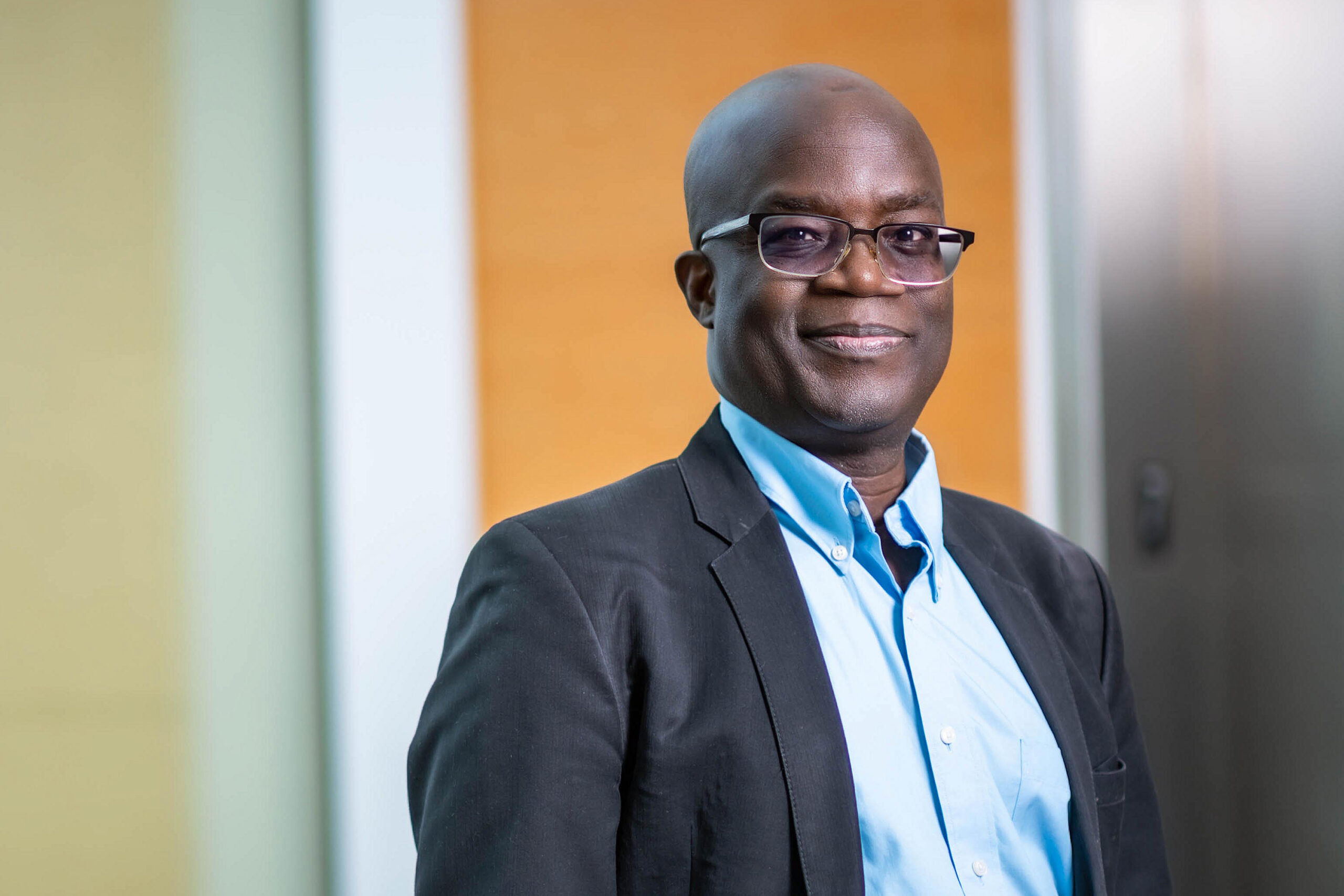Canadian professor focuses on ‘fish economics’
Fourth honors colloquium lecture focuses on the intersection of economics and our oceans. PHOTO CREDIT: Cont.
Economics are key to understanding and aiding the future of fish and fisheries, and experts in this field are dedicated to working on ethically ensuring that future generations can nourish the relationship between coastal environments and the economy.
The University of Rhode Island’s fourth Honors Colloquium lecture discussed the intersection of economics and our oceans on Oct. 19.
Samantha Cullen-Fry, the Indigenous empowerment program manager of the Tomaquag Museum, opened the discussion with a land acknowledgment and blessing. Cullen-Fry said she facilitates partnerships between the museum to create positive change in native communities in Rhode Island.
She said that when talking about lands and oceans, it is important to remember their histories and use this knowledge in our decisions involving oceans.
“I always ask for action steps,” Cullen-Fry said. “And acknowledgments are great and I appreciate them for what they are but I would love to see it go a step further.”
Rashid Sumaila, a professor and Canada research chair in interdisciplinary ocean and fisheries economics at the Institute for the Oceans and Fisheries, began his talk by stressing the importance of the ocean.
Sumaila said the ocean aids us in many ways, in transportation and shipping, supporting the livelihoods and incomes, serving as a food source, maintaining cultural and spiritual values tied to oceans and being a playing ground for many.
He started a group to work on interdisciplinary ocean and fisheries economies (IOFE) called the Fisheries Economic Research Group. The group works on both theories of the intersection of economics and fisheries and policy-relevant efforts. Sumaila discussed the politics of fisheries with many groups and people, including the United States Congress and Prince Charles.
Sumaila spoke of the relationship between the coastal environment, humans and the economy as well as the need for balance within the partnerships. He said that if humans and the economy take and expect too much from the coastal environments, one day there will be no more to take and the environment will collapse.
He has written many works on this subject, and his newest work “Infinity Fish: Economics and the Future of Fish and Fisheries” will be released next month. As the title suggests, the book is about “infinity fish,” the idea that fish are a renewable source if treated properly.
“If we don’t overtake,” Sumaila said, “and if we don’t over pollute them [fish and the ocean] they will continue to nourish us through time. Feed us, employ us, give us jobs, through time to infinity.”
Part of Sumaila’s research includes “intergenerational discounting.” He said that future generations are often ignored when policies and laws are put into place, and he strives to make sure the way he does his economic analysis doesn’t disadvantage future generations.
Sumaila is both worried and hopeful about the future of the ocean, acknowledging that if we don’t adequately handle fisheries and oceans, different groups of people, such as women and people of color, are disadvantaged in these fields, which future endangers the ocean.
“Young people are our hope,” Sumaila said. “Pressure from the population is what gives me a bit of hope.”

